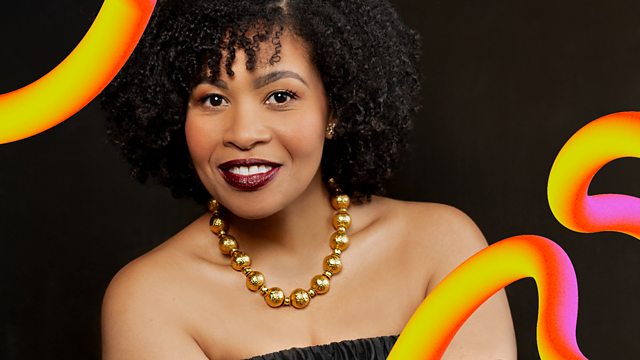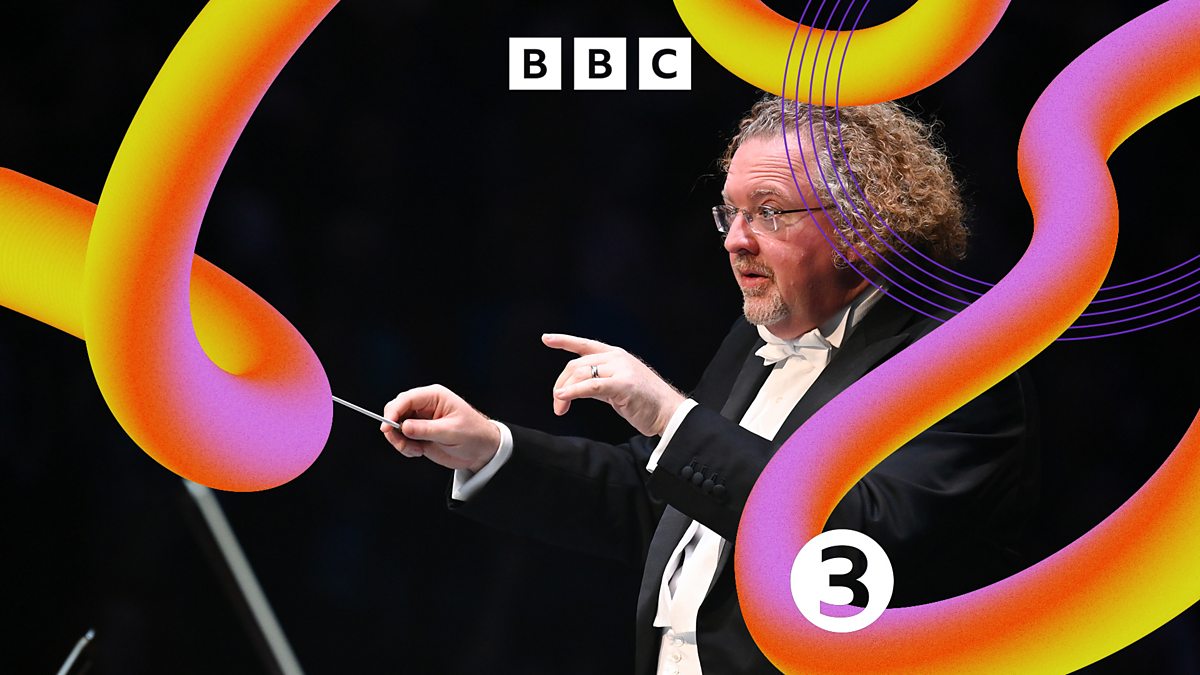Wednesday 4 September 2024
18:30
Royal Albert Hall
Lili Boulanger: Pie Jesu (first performance at The Proms)
Fauré: Requiem
Interval
Fauré: Pélleas et Mélisande – Suite
Lili Boulanger: Vieille prière bouddhique (first performance at The Proms)
Ravel: Daphnis et Chloé – Suite No. 2
Golda Schultz, soprano
Laurence Kilsby, tenor
Jacques Imbrailo, baritone
BBC Symphony Chorus
BBC Symphony Orchestra
Stéphane Denève, conductor
18:30
Royal Albert Hall
Lili Boulanger: Pie Jesu (first performance at The Proms)
Fauré: Requiem
Interval
Fauré: Pélleas et Mélisande – Suite
Lili Boulanger: Vieille prière bouddhique (first performance at The Proms)
Ravel: Daphnis et Chloé – Suite No. 2
Golda Schultz, soprano
Laurence Kilsby, tenor
Jacques Imbrailo, baritone
BBC Symphony Chorus
BBC Symphony Orchestra
Stéphane Denève, conductor




Comment